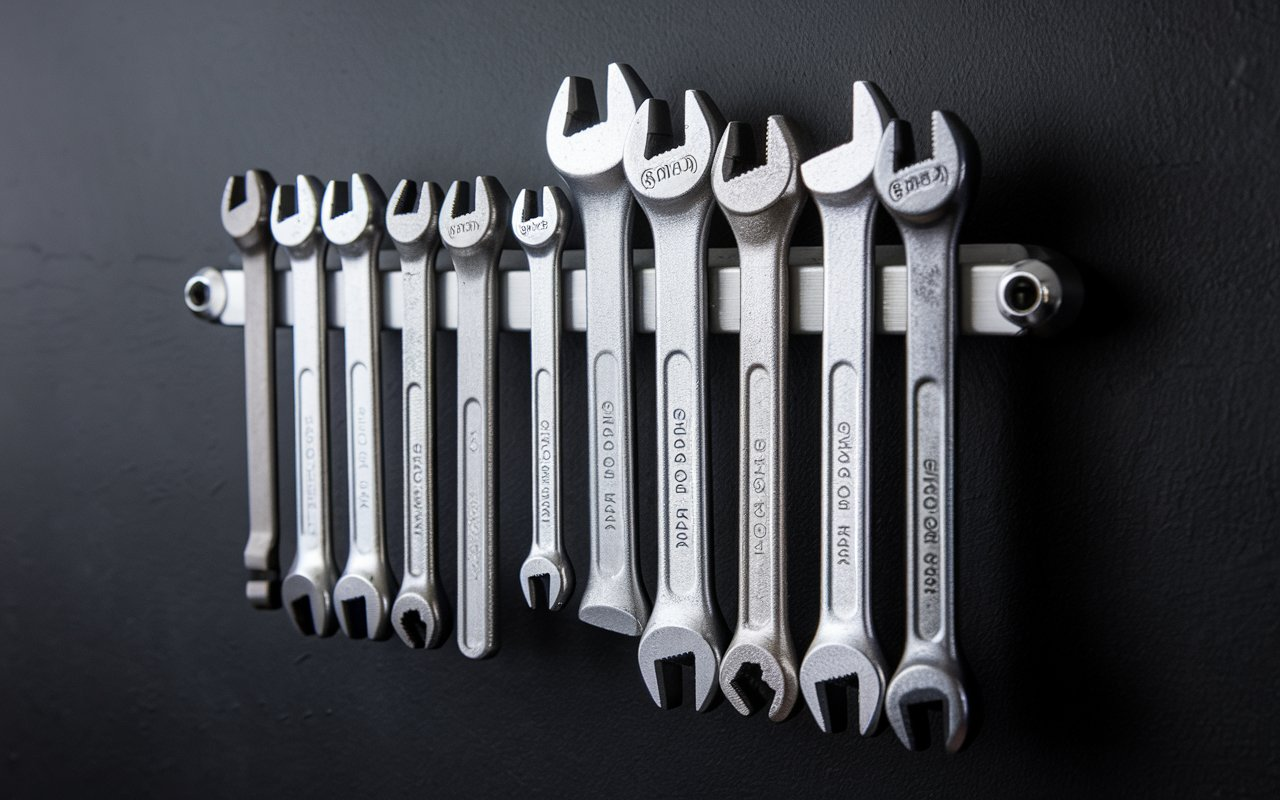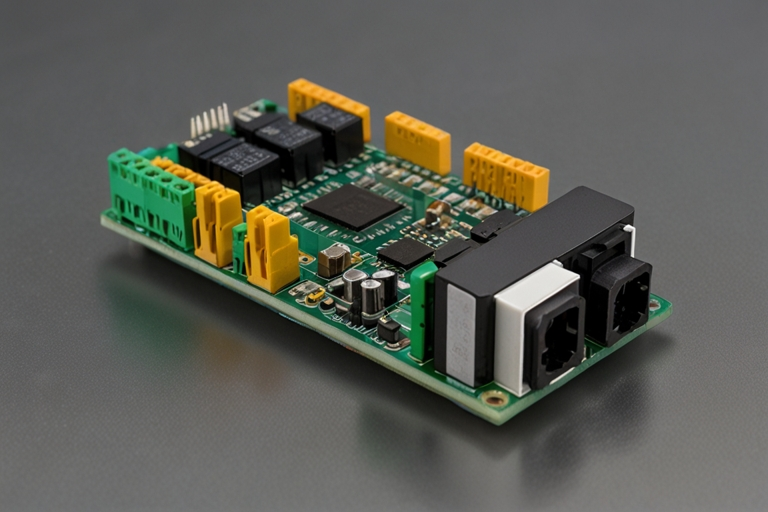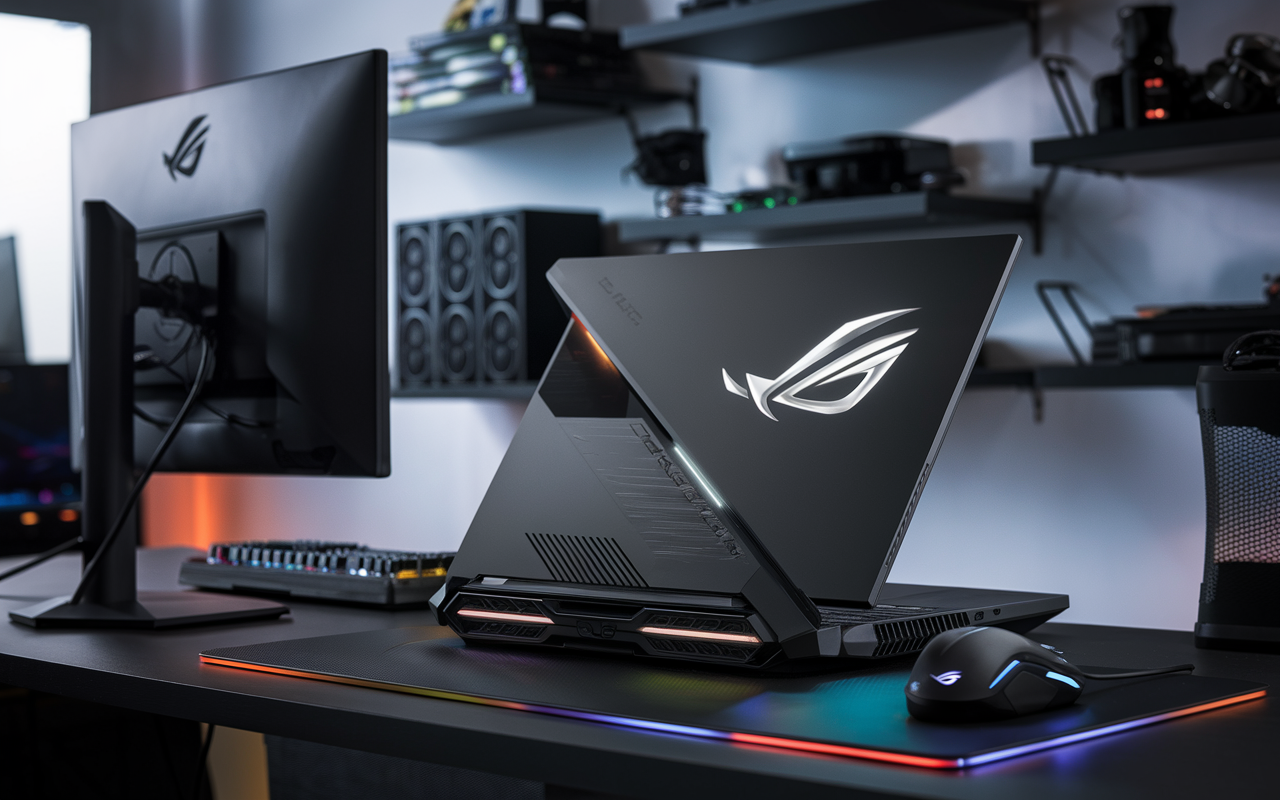Effective property management requires more than traditional methods in today’s fast-paced real estate environment. Modern technology offers a range of solutions designed to streamline operations, improve communication, and enhance overall efficiency. Among these, property management software is essential for property owners and managers. This software helps automate tasks, keep track of finances, and maintain clear communication with tenants, making it an invaluable asset for anyone managing multiple properties. Here’s a guide to help you choose the best tech solutions for your property management needs.
1. Identify Your Property Management Needs
The first step in selecting the right tech solutions is understanding your property management needs. Every property or portfolio is unique, so it’s important to assess what aspects of your operations could benefit from technological assistance. Whether it’s streamlining rent collection, scheduling maintenance, or managing tenant communication, knowing your pain points will help you choose the right tools.
Consider these factors:
- Property Size: Larger portfolios may require more robust software with advanced features.
- Tenant Demands: High-demand properties might benefit from software that enhances communication and service.
- Budget Constraints: Understanding your budget helps narrow options without compromising essential features.
2. Research the Available Tech Solutions
Once you’ve outlined your needs, the next step is to research the various tech solutions available. The market is filled with a wide range of property management system and other tools, each offering different features and benefits. Look for software that is user-friendly, scalable, and provides the functionalities that match your requirements.
Important aspects to research include:
- User Reviews: Read user feedback to gauge how effective the software is in real-world applications.
- Feature Set: Ensure the software offers the needed features, such as rent collection, maintenance tracking, and financial reporting.
- Customer Support: Good customer support is essential for troubleshooting and getting the most out of your software.
3. Consider Integration Capabilities
In today’s digital landscape, it’s important that your chosen property management system can integrate with other tools and systems you’re already using. Whether it’s accounting software, CRM systems, or communication tools, seamless integration ensures your operations run smoothly without juggling multiple platforms.
Key integration considerations:
- Accounting Software: Ensure the software can easily sync with your existing accounting tools for streamlined financial management.
- CRM Systems: Integration with customer relationship management tools helps maintain strong tenant relationships.
- Cloud-Based Solutions: Cloud-based software often offers better integration capabilities and remote access, making it easier to manage properties from anywhere.
4. Prioritize User Experience
Even the most feature-rich software will fall short if it’s difficult to use. User experience (UX) should be a top priority when selecting property management technology. The software should be intuitive, with a clean interface that makes it easy to navigate and use, even for those who aren’t tech-savvy.
Why UX matters:
- Ease of Training: Intuitive software reduces the learning curve, making it easier for your team to adopt the new system.
- Increased Efficiency: A user-friendly interface allows quicker task completion, saving time and reducing errors.
- Tenant Satisfaction: Software that improves communication and service delivery can lead to higher tenant satisfaction and retention.
5. Evaluate Long-Term Value
Finally, when selecting tech solutions for property management, it’s important to consider the long-term value. This involves looking beyond the initial cost and assessing how the software will continue to meet your needs as your property portfolio grows and evolves.
Consider these long-term factors:
- Scalability: Choose software that can grow with your business, adding new features and capabilities as needed.
- Ongoing Support: Ensure the software provider offers continuous support and updates to keep the system running smoothly.
- Cost-Effectiveness: Evaluate whether the software offers good value for money in terms of time saved, efficiency gained, and improved tenant satisfaction.
Conclusion
Selecting the best tech solutions for property management involves careful consideration of your needs, thorough research, and a focus on integration, user experience, and long-term value. By choosing the right property management software and other tools, you can streamline your operations, enhance tenant satisfaction, and ultimately increase the value of your property portfolio. Investing in the right technology is crucial to successful and efficient property management.
Read More




